MOVIE REVIEW – The late József Antall, the first prime minister after the fall of communism, is the main character in the film Blockade, which tells the story of the first civil disobedience protest in 1990 when thousands of taxi drivers and hauliers paralysed transport in Budapest and several cities across the country for three days to protest against a drastic increase in petrol prices. The film, written by Norbert Köbli, best known for his Hungarian thrillers, and directed by Ádám Tősér, is a political thriller set in 1990 and during the 1956 revolution, telling the story of the young history teacher and revolutionary József Antall.
Fictional (non-documentary) historical films about a particular era, famous figure or event are a rather “difficult” genre, as we always get to know the story from the highly subjective point of view of the filmmakers.
Fiction versus documentary
In many cases, ‘highly subjective’ works fall into the category of ‘falsifying history’, as we now know, despite the Oliver Stone’ claim’ of JFK, mentioned by Norbert Köbli at the Blockade press conference, that the CIA didn’t assassinate Kennedy, or that Brian de Palma’s Who Defeated Al Capone, for example, presents the detective Eliott Ness, played by Kevin Costner, through a very rose-tinted lens. But this also includes the recently released Marylin, where the aforementioned JFK is shown from a different angle, as the sex-crazed and cynical former US president gets Marilyn to have some loose oral sex while on the phone, and then the diva can go with the news. It’s the director’s right to portray Kennedy as he did, since The Blonde is largely fiction and a drama based on the life of Marilyn Monroe. But the young Alain Delon has also played the President of the French Republic, Jack-Chaban Delmas, in the World War II film Paris is Burning, where he portrayed him as a young, charming hero who saved France – needless to say, the still-young Delmas had no problem at all and helped Delon with the story wherever he could.
Let’s look at it from this angle. Norbert Köbli has a heart to show József Antall as a hero who is extremely capable, charismatic, intelligent, well communicating and extremely sympathetic to the viewer, both in 56 and 90. And it is my heart’s right to disagree with this image, since I was a young university student during Antall’s government and I often heard him on TV talking about his poor communication skills or other things he had to do as a politician. (But that is not the subject of this article.) But that is my image of Antall, and the hero of the Blockade is Köbli’s, so it is all perfectly fine.
A thriller, it is…
Of course, Norbert Köbli is a master of political thriller screenplay, so there’s no problem with that, because this film is fiction. The fact that at the beginning of the film he tells Gorbachev that he should dissolve the Warsaw Pact, otherwise he will discredit the Soviet Union, while Árpád Göncz, who is present at the meeting with him, timidly rebukes him that he shouldn’t, Józsi, this is the Soviet Union after all, probably as much a fairy tale as Eliott Ness chased Frank Nitti through the courthouse during the break in Al Capone’s trial, shooting his way up to the roof in an iconic shootout. It was a hell of a scene, that and this, but none of it had anything to do with reality.
It’s another matter that portraying Árpád Göncz as a dishonest, lying buffoon who would do almost anything for his political career and who also ratted out Antall to the ÁVH during interrogations was perhaps not very ethical or historically accurate. However, since we are still on the ground of fiction, which contains traces of real events, Köbli can still do it easily. And then you get it: if JFK could get Marilyn to give him a blow-job in the aforementioned faux-biographical fiction, why couldn’t Árpád Göncz do the same to Antal (only figuratively) in a political thriller, right?
An entertaining thriller
Well, enough of the general musings on political thrillers and true or false portrayals of real historical figures, let’s see how this film functions as a political thriller. The Blockade is a well-constructed, entertaining political thriller, with great performances by Zoltan Seress and Zoltan Seress Jr. Attila Vidnyánszky in the older and younger roles of József Antall. Those who see themselves as an unprincipled and rather stupid Árpád Göncz should not complain about Tibor Gáspár’s performance either, as the actor also reproduces Göncz’s facial expressions, gestures and tone of voice very professionally.
Antall’s recollection of the events of 1956, lying in a hospital bed and terminally ill, is a bit clichéd and predictable in the long run. Still, it is embedded in the story with quality. This has always been typical of Köbli, who is clearly aware of his limitations: his scripts are basically of high quality, but with a story structure conveniently based on the usual American thriller clichés.
Not the bridge, but it’s Oliver Stone who is too far…
There’s nothing wrong with that, but you should be aware that at this pace, this film will never match the pace of Oliver Stone, whom you admire, and it’s not even close to the JFK mentioned at the press event. And not only because while Oliver Stone is a typical rebel, his films have always served as a critique of the establishment of the time, Köbli’s Blockade is perfectly embedded in the current government’s grand propaganda scenario and its own carefully constructed heroic epic. It’s simply because Oliver Stone is quite simply a world-class artist. Of course, the two things may be connected in some way…
-BadSector-
Blockade
Direction - 7.2
Actors - 7.5
Story - 7.2
Visuals - 7.8
Ambience - 7.4
7.4
GOOD
There’s nothing wrong with that, but you should be aware that at this pace, this film will never match the pace of Oliver Stone, whom you admire, and it’s not even close to the JFK mentioned at the press event. And not only because while Oliver Stone is a typical rebel, his films have always served as a critique of the establishment of the time, Köbli’s Blockade is perfectly embedded in the current government’s grand propaganda scenario and its own carefully constructed heroic epic. It’s simply because Oliver Stone is quite simply a world-class artist. Of course, the two things may be connected in some way...

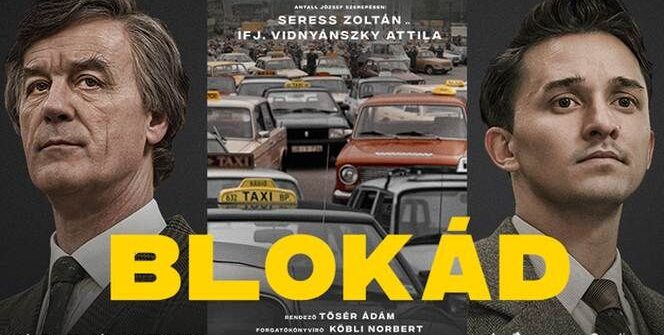
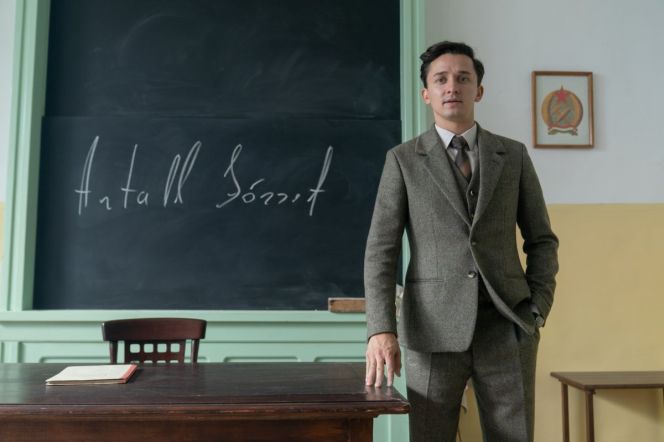
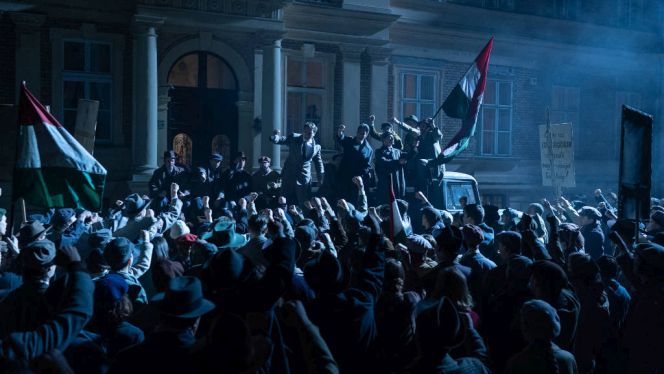
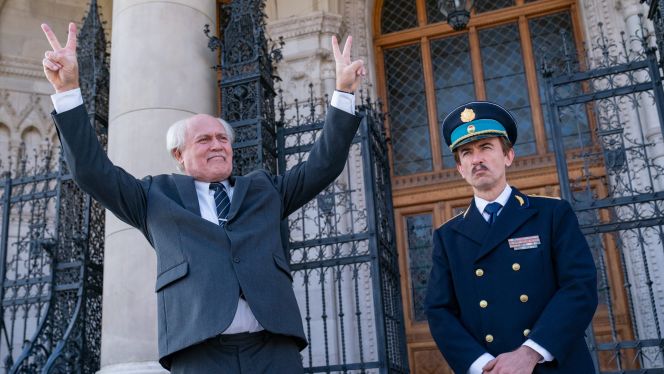

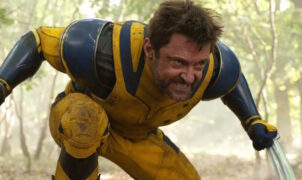
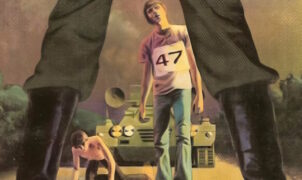





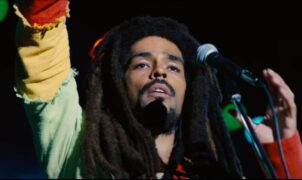
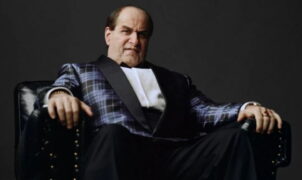



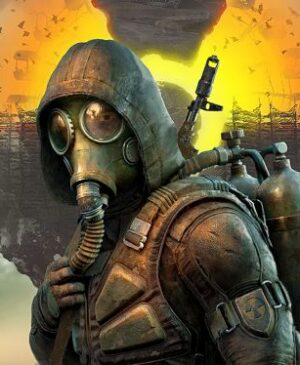
Leave a Reply